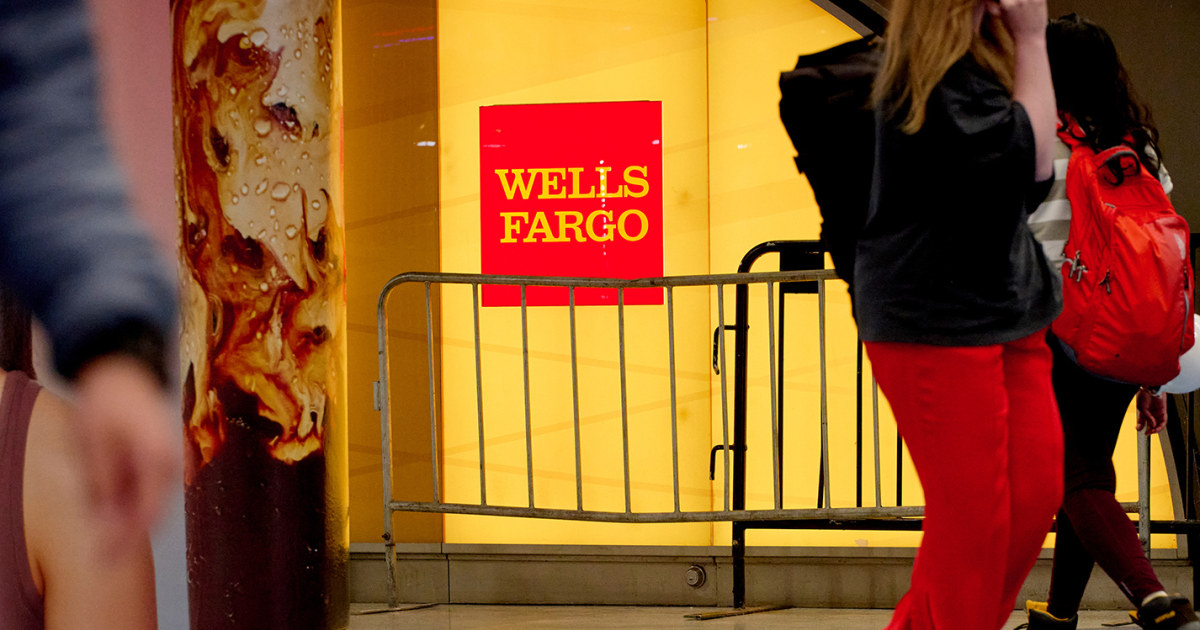Chenyue Mao, a Wells Fargo banker and expatriate based in Atlanta, has found himself ensnared in a startling predicament, as Chinese authorities have placed him under an exit ban due to his alleged involvement
Did You Know
The original name of Google was 'Backrub.'
?
AD
in a criminal case. This was confirmed by the Chinese foreign ministry, which stated that Mao is obliged to cooperate with the ongoing investigation. The circumstances surrounding this case have raised eyebrows internationally, especially given the current climate of strained relations between the United States and China, exacerbated by a protracted trade war.
The decision to restrict Mao's departure from China highlights the precarious position foreign nationals find themselves in within the country. As Beijing emphasizes its willingness to welcome foreign investment and travelers, the case of Mao raises fundamental questions about the safety and legal protections offered to expatriates. The complexities of this situation are compounded by the lack of detailed information available regarding the nature of the charges or investigation against him, prompting speculation and concern among both the business community and the general public.
This incident not only casts a shadow over Mao's professional future but also serves as a barometer for increasing scrutiny of foreign executives operating in China. The ramifications of this case could ripple through financial markets and diplomatic channels, potentially impacting how American companies engage with the Chinese market. As tensions grow, both governments must navigate these intricate relationships carefully, balancing national interests with the realities of global commerce.
Q&A (Auto-generated by AI)
What are exit bans in China?
Exit bans in China are legal restrictions imposed by the government that prevent individuals, often foreign nationals, from leaving the country. These bans can be enacted for various reasons, including ongoing investigations, legal disputes, or political issues. They are often criticized for lacking transparency and can be used as a tool of leverage in diplomatic relations.
Who is Chenyue Mao?
Chenyue Mao is a banker with Wells Fargo, based in Atlanta, who has recently been placed under an exit ban by the Chinese government. The ban is linked to an ongoing criminal investigation, although specific details about the charges have not been publicly disclosed. Mao's case highlights the complexities of foreign nationals navigating legal issues in China.
What is the significance of this case?
The case of Chenyue Mao is significant as it exemplifies the increasing tensions between the U.S. and China, particularly in the context of trade relations. It raises concerns about the treatment of foreign nationals in China and the implications for international business. Additionally, it reflects broader issues of legal transparency and human rights within the Chinese legal system.
How do exit bans affect foreign relations?
Exit bans can strain foreign relations by creating distrust between countries. They may be perceived as a means of political leverage or retaliation, complicating diplomatic negotiations. In the case of Chenyue Mao, the ban has drawn attention to the challenges faced by foreign businesses operating in China, potentially impacting trade and investment decisions.
What is the history of US-China trade tensions?
U.S.-China trade tensions have escalated over the past few years, particularly during the Trump administration, which imposed tariffs on Chinese goods to combat trade imbalances and intellectual property theft. These tensions have led to a trade war, affecting global markets and prompting both nations to reassess their economic strategies and relationships.















